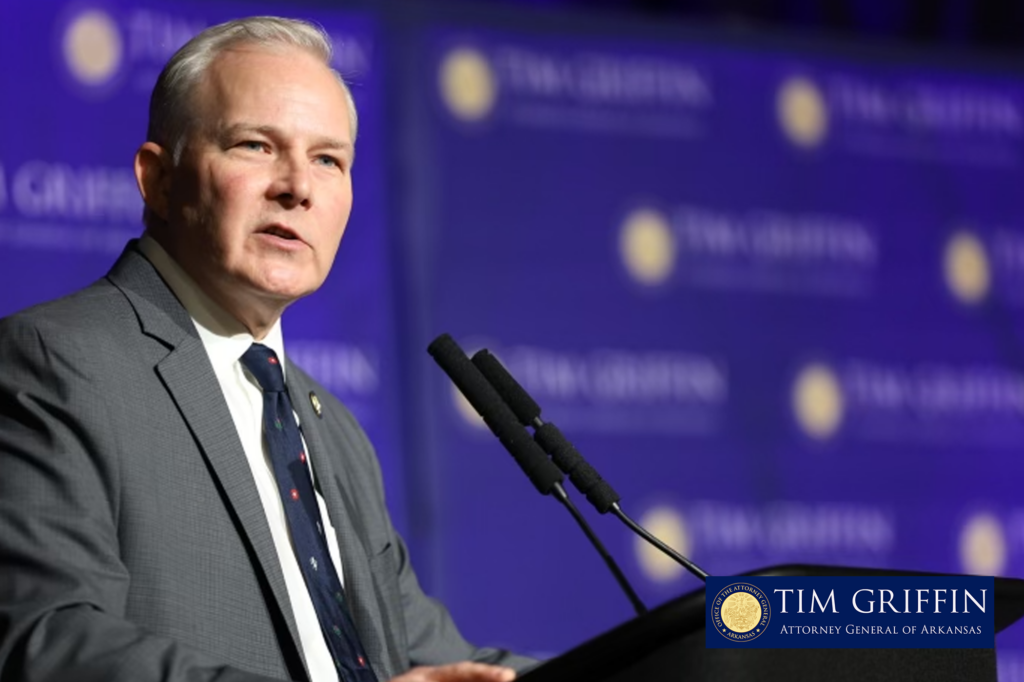LITTLE ROCK – Attorney General Tim Griffin today issued the following statement at the opening of his Cybersecurity Summit at the Statehouse Convention Center in cooperation with the FORGE Institute and featuring the Director of the federal Cybersecurity and Infrastructure Security Agency (CISA), Jen Easterly:
“You don’t have to look far to understand why cybersecurity matters. Look on the front page of today’s newspaper about China hacking three American telecom companies. Today, so much of our life is connected to each other: government, individuals, businesses, for example. I don’t think anyone can question the need for cybersecurity now.
“There are a lot of people out there who want to do you harm. Some are individuals that aren’t that smart and will get caught quickly. Some of them are highly sophisticated entities—such as criminal cartels—that want to do you harm. Some of them are aggressive nation-state actors, including China, Russia and Iran. If you have a home computer and a printer, and it’s connected to the Internet, you need to be cyber-secure. If you’re a big company or a small company, you need to be cyber-secure.
“When it comes to cybersecurity, we are only as strong as our weakest link. Success on this front requires a collective defense built on cooperation and collaboration.”
In addition to the opening chat between Griffin and Easterly about the role of CISA and tools being provided to Arkansas, speakers on the first day of the two-day summit included Congressman French Hill (AR-02), member of the House Intelligence Committee; Senator Tom Cotton (AR), member of the Senate Intelligence Committee; and Lee Watson, founder of the FORGE Institute. Congressman Rick Crawford (AR-01) will be the opening speaker on the second day of the summit on October 8.
Arkansas Attorney General Tim Griffin at 2024 Cybersecurity Summit in Little Rock, AR









